About Us
The Patient Voice Initiative (PVI) is a collaboration between patients (or health consumers), researchers and industry working towards improving the patient voice in the Australian health system. It is an association incorporated in New South Wales, Australia.
A FORUM FOR COLLABORATION AND DIALOGUE
Within a public-private partnership that encourages broad stakeholder participation, including patient advocacy groups and not-for-profits, the pharmaceutical and medical device industry, healthcare professionals, academia and government.
PROPOSE INITIATIVES TO SUPPORT PATIENT INVOLVEMENT
Using the expertise of stakeholder working groups to identify and prioritise key issues and evaluate approaches to enhance the patient voice in the HTA process.
PROVIDE TOOLS AND RESOURCES
For consumers, patients, health professionals, industry and government that support education and the development of new methods and approaches to delivering patient input and patient-based evidence to be used in the regulatory and HTA processes.
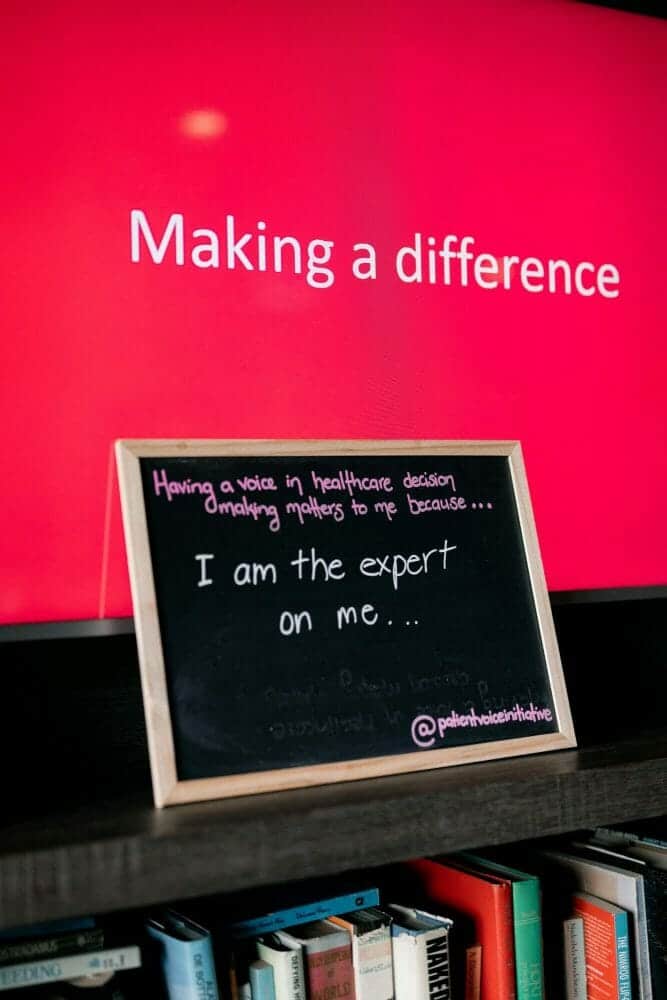
Our Objective is
To advocate for the inclusion of the patient perspective in the structure and operation of:
Australia’s health system.
All aspects of patient care in Australia.
The development, approval and funding of medical technologies.
By:
Seeking input from stakeholders including patients, healthcare consumer organisations (patient groups), academics, government departments and officials, healthcare professionals, and healthcare, medical technology and pharmaceutical companies.
Undertaking capacity building of patient and healthcare consumer organisations.
Doing anything incidental, convenient or conducive to obtain these objectives.
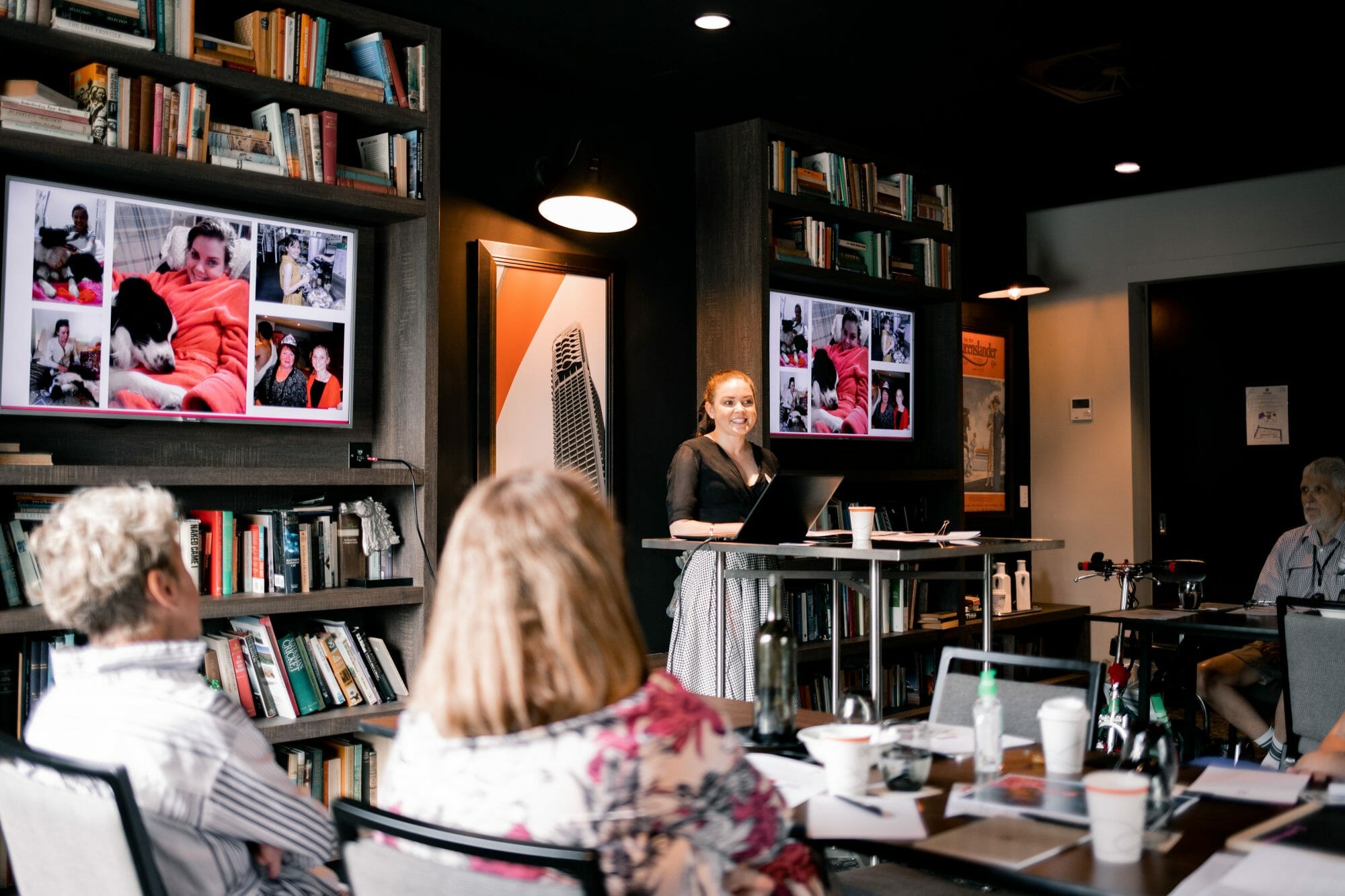
Legislation and procedures
Assurance that the participation of patients and patient groups in HTA will be supported and their input and patient-based evidence considered.
Communication
Create a well-resourced unit to support and develop patient involvement and provide clear contact points and opportunities for dialogue.
areas of work
Recommendations to improve the patient voice in health technology assessments (PBAC, MSAC and PLAC) in Australia
Training and Guidance
Opportunities to learn in order to improve patient and patient group capacity to make valuable contributions to HTA.
Evidence generation
Strategic tools and projects to build a robust evidence base about patient aspects, e.g. registries of patient experience.
our team
the management committee

Jessica Bean
President and Secretary
“Innovative new medicines need innovative policy that gives patients a voice about what matters.”
Read more
Innovative new medicines need innovative policy that gives patients a voice about what matters. I’m a patient advocate, international speaker, consultant and empowerment coach for young women living with chronic illness.
My experience as one of the first cystic fibrosis patients to benefit from genetic modulation therapy, gave me an intimate understanding of the emerging challenges faced by patients in the age of personalised medicine. This has inspired a mission to ensure patients and their values are represented in decision making across the health eco system.
I’ve worked with global health leaders and brands including Bupa, for whom I was a finalist in their 2016 health influencer awards, and sit on The Australian Genomic Health Alliance Community Advisory Group and the Queensland Genomics Community Advisory Group.

Laurie Axford
First Public Officer, Vice President and Treasurer
“Patients have the least powerful voice of all stakeholders in the health system…”
Read more
Patients have the least powerful voice of all stakeholders in the health system and by working with PVI and CaPPRe I hope to help change this.
I’m a founding partner of Community and Patient Preference Research (CaPPRe) and have been a non-executive director of the Council on the Ageing (COTA NSW) since 2017. CaPPRe specialises in the use of choice-based methodologies to determine patient preferences for health treatments and services as well as community preferences for government and other services and infrastructure. I became involved with PVI in 2015, working on the steering committee that managed the initial conference and seminars in Sydney, Brisbane, Melbourne and Canberra in 2016-17. I was appointed to the board in 2018 at the time of incorporation.

Ann Single
CEO
“Learning from patients and their families is essential for good health care…”
Read more
Learning from patients and their families is essential for good health care because even with robust evidence, there can be gaps, uncertainties and assumptions which prevent new treatments being used in ways that offer outcomes that matter to patients. The value of patient knowledge has been discussed for many years, but it’s taking time for everyone in the health sector to embrace it and become confident working with it.
I have a background in communication and began working in patient involvement in HTA in Scotland more than 20 years ago. I’m co-editor of the first book in this field, Patient Involvement in Health Technology Assessment (2017, 2nd edition due 2025), Vice-President of Health Technology Assessment international (HTAi) and the Outgoing Chair of HTAi’s Patient and Citizen Involvement Interest Group, having led it for four years.
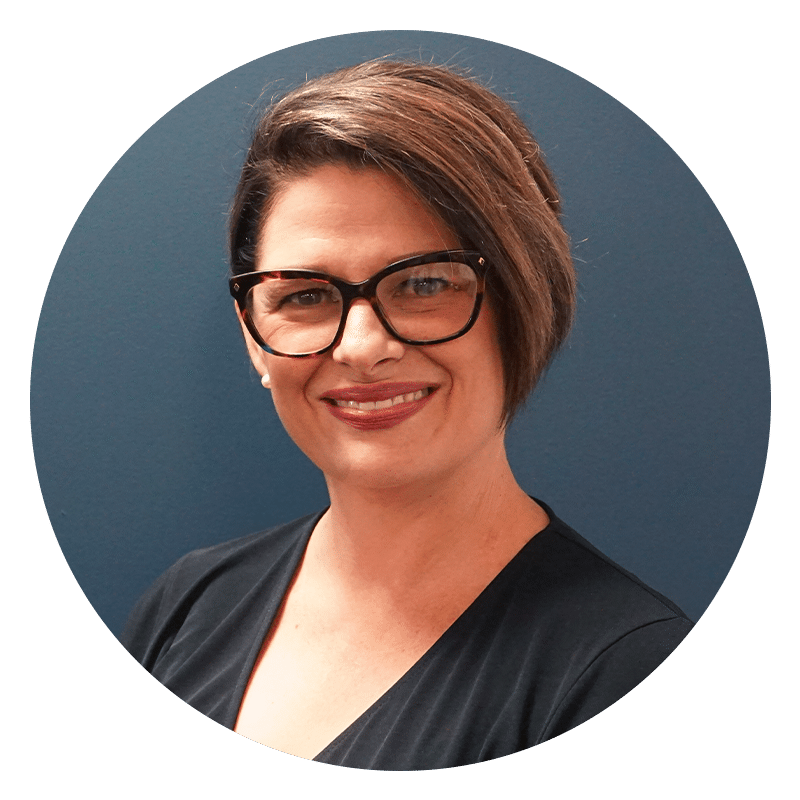
Christine Cockburn
Committee Member
“I think of patient support and advocacy as two halves of the same apple of looking after the patient…”
Read more
In addition to support, patients need a voice at the highest levels of decision-making because as people try to navigate life with cancer, they see that there are systemic problems which make their daily life harder and deny them opportunities.
Everyone’s experience of cancer is different. My experience as a carer for my mum when she had a rare cancer and then as a mum with young children with breast cancer myself, gave me a passion for supportive care in oncology. Being a patient or a carer can be isolating, lonely and terrifying. As the Head of Patient Support and Operations at Race Cancers Australia, I lead our work to support people diagnosed with less common cancers and help them navigate the experience.
the advisory committee

Jessica Bean
Chair, Patient Representative
“Innovative new medicines need innovative policy that gives patients a voice about what matters.”
Read more
Innovative new medicines need innovative policy that gives patients a voice about what matters. I’m a patient advocate, international speaker, consultant and empowerment coach for young women living with chronic illness.
My experience as one of the first cystic fibrosis patients to benefit from genetic modulation therapy, gave me an intimate understanding of the emerging challenges faced by patients in the age of personalised medicine. This has inspired a mission to ensure patients and their values are represented in decision making across the health eco system.
I’ve worked with global health leaders and brands including Bupa, for whom I was a finalist in their 2016 health influencer awards, and sit on The Australian Genomic Health Alliance Community Advisory Group and the Queensland Genomics Community Advisory Group.
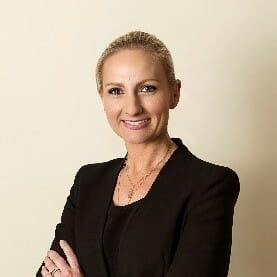
Hayley Andersen
Industry Representative
“I’m drawn to projects where I can make a real difference for patients…”
Read more
I’m drawn to projects where I can make a real difference for patients because I lost my father to melanoma when he was just 48. As gaps in traditional evidence and the demand for earlier access to new treatments increase, the patient voice will become even more critical. This is why I am committed to the PVI, whose work supports a greater, more meaningful patient voice in decision making about medicines reimbursement.
As the Head of Patient Advocacy at Bristol Myers-Squibb, I work to bring patient perspectives to company decisions and actively support the patient voice in health decision making. Before joining BMS, I was CEO of Melanoma Patients Australia. I’m passionate about ensuring Australian patients can access the best evidence-based treatments and care available.

Dr Simon Fifer
Academic Representative
“I want to see healthcare decisions be more patient focussed…”
Read more
I want to see healthcare decisions be more patient focussed. We have the methods available to do this, but we need to work with stakeholders to put them into practice.
I’m a ‘pracademic’ (practical academic), with a research focus directed at solving real world problems with major societal impact. My specialty is studying human decision-making using choice-based measurement. This research into patient preferences can help build health systems that better meets patients’ needs. In addition to being a founding partner in CaPPRe and Director of Research and Innovation, I’m on the editorial board for the journal The Patient, and regularly present at national and international conferences and publish papers in leading academic journals. I have a PhD in Choice modelling from the University of Sydney.

Ann Single
Coordinator, Committee Member
“Learning from patients and their families is essential for good health care…”
Read more
Learning from patients and their families is essential for good health care because even with robust evidence, there can be gaps, uncertainties and assumptions which prevent new treatments being used in ways that offer outcomes that matter to patients. The value of patient knowledge has been discussed for many years, but it’s taking time for everyone in the health sector to embrace it and become confident working with it.
I have a background in communication and began working in patient involvement in HTA in Scotland more than 20 years ago. I’m co-editor of the first book in this field, Patient Involvement in Health Technology Assessment (2017, 2nd edition due 2025), Vice-President of Health Technology Assessment international (HTAi) and the Outgoing Chair of HTAi’s Patient and Citizen Involvement Interest Group, having led it for four years.
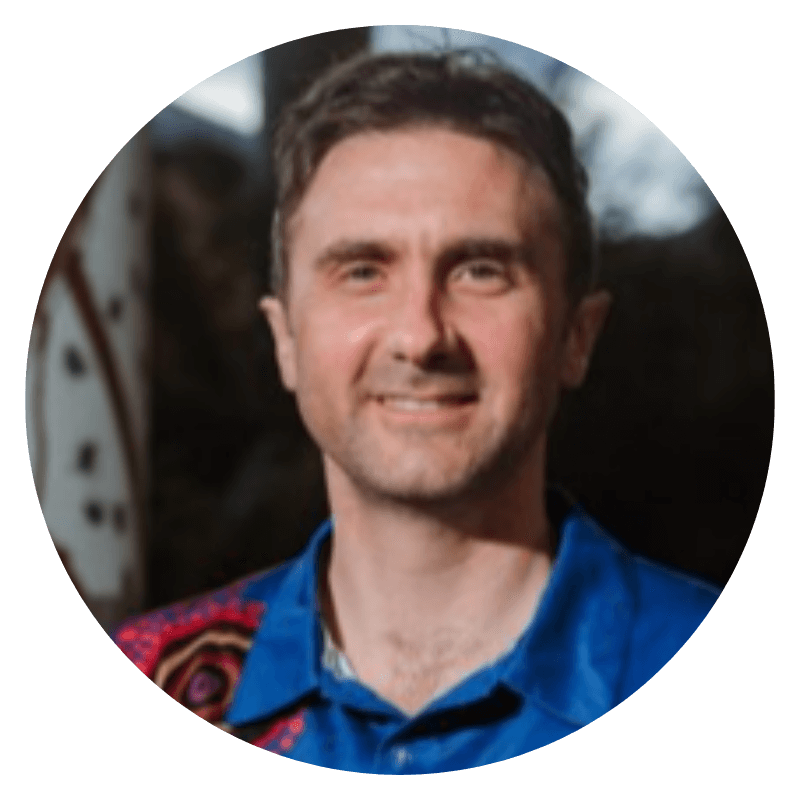
Mike Stephens
Community Representative
“I support closing the gap in health outcomes for Aboriginal and Torres Strait Islander people …”
Read more
I support closing the gap in health outcomes for Aboriginal and Torres Strait Islander people – I believe improving how our sector understands and engages with HTA systems and policies will be a critical enabler in the structural reform needed to address this inequality.
I am the Director of Medicines Policy and Programs at the National Aboriginal Community Controlled Health Organisation (NACCHO) and a registered pharmacist. I have 25 years’ experience working in a diverse range of roles in the health and medicines sector, both in Australia and overseas, including in community and hospital pharmacy, as a consultant pharmacist, and in education and intern assessment. In the last ten years I have worked in the Aboriginal and Torres Strait Islander health sector as a policy advisor, managing programs and as a practising clinical pharmacist integrated into an Aboriginal health service.

Christine Cockburn
HCO Representative
“I think of patient support and advocacy as two halves of the same apple of looking after the patient.”
Read more
In addition to support, patients need a voice at the highest levels of decision-making because as people try to navigate life with cancer, they see that there are systemic problems which make their daily life harder and deny them opportunities.
Everyone’s experience of cancer is different. My experience as a carer for my mum when she had a rare cancer and then as a mum with young children with breast cancer myself, gave me a passion for supportive care in oncology. Being a patient or a carer can be isolating, lonely and terrifying. As the Head of Patient Support and Operations at Race Cancers Australia, I lead our work to support people diagnosed with less common cancers and help them navigate the experience.
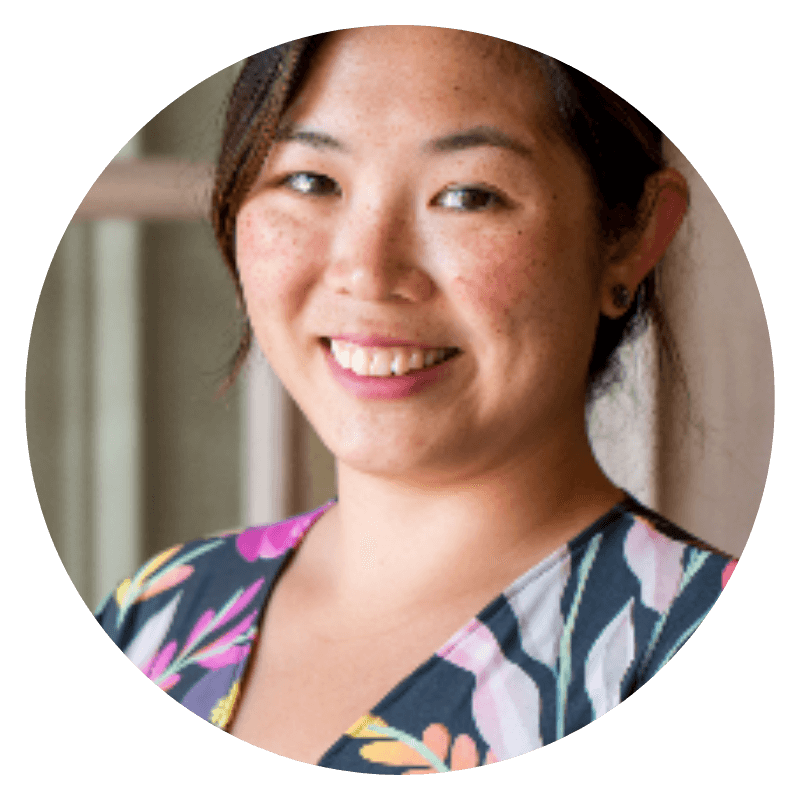
Ashley Ng
Patient Representative
” I’ve been part of global diabetes advocacy efforts to help amplify the voices of the diabetes community…”
Read more
If we’re all about improving health outcomes, why aren’t we asking what works for patients and getting them involved in healthcare design?
Through my lived experience, I’ve developed a passion for patient centred healthcare service design and consumer and community involvement and engagement from conception to service delivery. I’m a diabetes advocate, researcher and healthcare professional. I’ve been part of global diabetes advocacy efforts to help amplify the voices of the diabetes community, which led to being awarded the Medtronic Bakken Invitation Award in 2019. I also sit on various advisory groups and chair the National Diabetes Support Services Youth Expert Reference Group.

Monica Ferrie
HCO Representative
“Patient-centred care means commitment to listening to the patient voice.”
Read more
Patient-centred care means commitment to listening to the patient voice. It means including that voice as a partner in health policy, processes and decision making.
Many years ago it was my privilege to work on the Victorian Charter of Human Rights and Responsibilities. I’ve always loved that the charter recognised that we should expect to be able to exercise our human rights and also that we have a responsibility to ensure that others can exercise theirs. I’ve always been drawn to challenges of possibilities and potential and how to ensure every person has the opportunity to define and seek theirs. Working with and for individuals, families, communities, organisations and sectors, committed to equity and fairness, for many years I’ve worked across the community, health, education, business and government sectors. My journey led me to start my own strategy consulting business, Bold and Brave Consulting in 2011, Toilet Training Educators in 2016 and to become the CEO of the Genetic Support Network of Victoria in 2017.

Cathy Sertori
Industry Representative
“I am a Patient Advocacy expert and Public Relations professional with over 20 years of experience in the life sciences, across multiple therapeutic areas.“
Read more
I am passionate about patient advocacy and the ability for patients to access the latest clinical medicines, making a difference to their lives. I have expertise in strategic planning; P&L management; sales and marketing; coaching and training; Government Affairs and patient access to innovative medicines; and elevating the patient voice from clinical development through to universal patient availability. My strengths in leveraging patient advocacy, working with local and international thought leaders, planning, leadership and innovation are enhanced by an ability to expertly present ideas to all levels of an organisation.
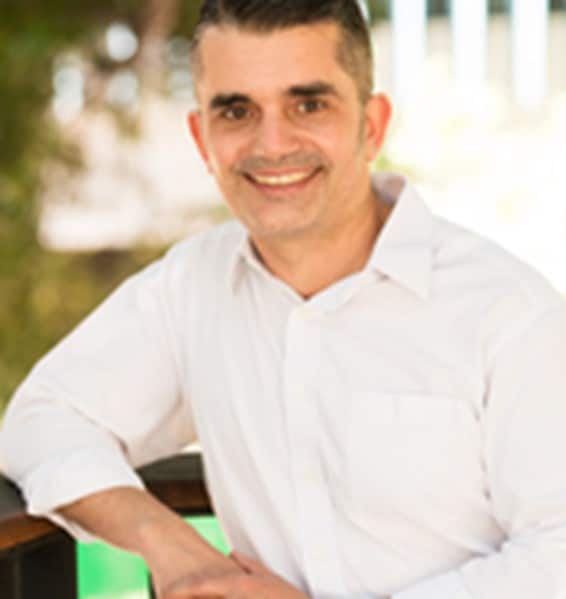
Professor Richard De Abreu Lourenço
Health Economist
“I have a keen interest in applied economic evaluations, patient preference and quality of life and the economics of specialty health areas.“
Read more
Richard De Abreu Lourenço, is a Professor of Health Economics and Deputy Director at the Centre for Health Economics Research and Evaluation (CHERE), University of Technology Sydney.
He is an experienced health economist who has a keen interest in applied economic evaluations, patient preference and quality of life and the economics of specialty health areas.
Currently, he is the program lead for the Cancer Australia Cancer Research Economics Support Team, and the Senior Evaluator for CHERE’s Pharmaceutical Benefits Advisory Committee (PBAC) evaluation group. He is an investigator on a number of cancer clinical studies and studies investigating preferences for health care decision making. all levels of an organisation.
former committee members
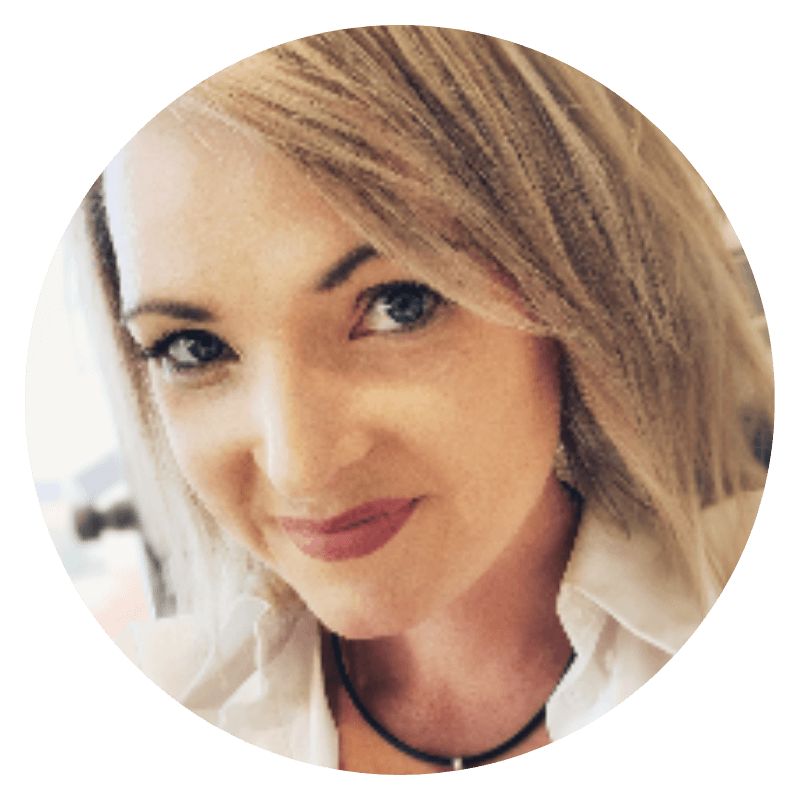
Nicole Cooper
Patient Representative
“We have a responsibility to connect health decision making to patient outcomes.”
Read more
We have a responsibility to connect health decision making to patient outcomes. I have worked in change and performance improvement for my entire career, always with a commitment to making things better. It was not until I became a stage four cancer patient, and a permanent resident in our health system, that I began to truly appreciate the ‘why’ of this effort.
I now run my own consulting firm, Convalis Consulting, am a director of the Bowel Cancer Outcomes Registry (BCOR) and part of many high impact patient advocacy projects. My management consulting and advocacy expertise are laser focused on agile, evidence-based, patient-first decision making. The health sector is abundant with expertise, passion and commitment to progress – but a measured improvement in patient outcomes must be the thread that weaves us all together and keeps us accountable.
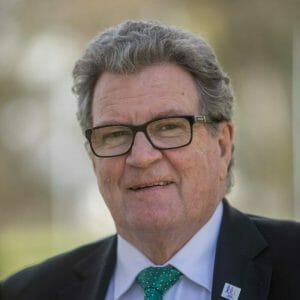
Richard Vines
Committee Member
“It’s time to act to change the system to benefit all patients equally…”
Read more
It’s time to act to change the system to benefit all patients equally. As Chair and Chief Executive of Rare Cancers Australia (RCA), I see the inequities in the healthcare system. Resolving them will take good will and action among all stakeholder.
After study maths and statistics, I had a career as an Actuary and in IT before moving to the not-for-profit sector. In addition to founding RCA with Kate, I drove the formation of the National Oncology Alliance – a not-for-profit coalition of patients, patient organisations, industry representatives and leading cancer clinicians to promote timely access to drugs for cancer patients. I’m the Deputy Chair of the Australian Genomics Cancer Medicine Program, Co-Chair of the National Oncology Alliance, and chief associate investigator on multiple research projects.
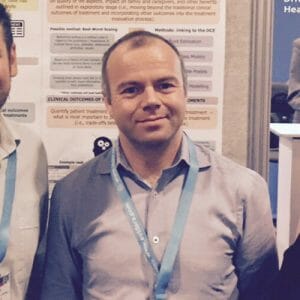
Todd Stephenson
Industry Representative
“Resolving issues in the health sector takes collaboration…”
Read more
Resolving issues in the health sector takes collaboration which is why I’m committed to a variety of initiatives that bring industry, patients and health consumer organisations together to tackle the challenges. I became a founding Steering Committee member of the Patient Voice Initiatives because I wanted to progress the ongoing discussions and consensus about including the patient perspective in decision making and turn it into real actions which would enable the patient voice to be heard.
I lead Janssen’s Corporate and Government Affairs team for Australia and New Zealand and have an interest in patient preference research, including providing training, and promoting diversity. I’m also on the Steering Committee of the Health Technology Assessment international’s Patient and Citizen Involvement Interest Group (PCIG).
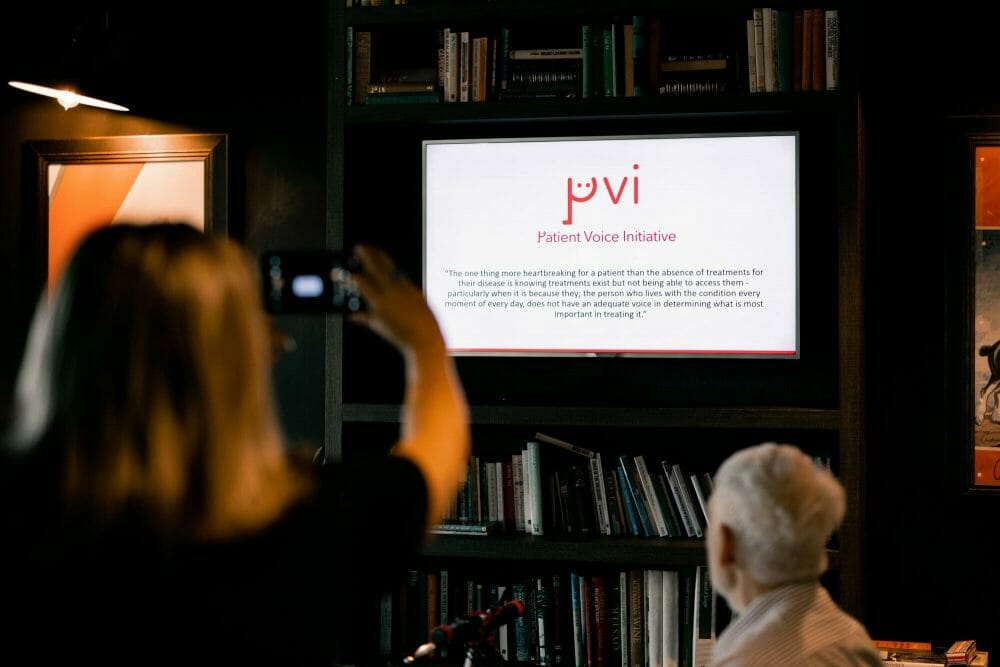
Our work began in 2015 when people from industry, academia, health professionals and patient groups came together to discuss methodologies and approaches for eliciting the patient perspective on the value of medicines. As a result of these meetings, a conference called Room with a Patient View was organised to increase patient engagement in health technology assessment (HTA) in Australia. Following the conference, a steering committee was formed to action items generated from the workshops. In 2016, the group became known as the Patient Voice Initiative to reflect the desire and motivation of stakeholders to grow the presence of the patient voice in HTA used by Australian bodies such as the Pharmaceutical Benefits Advisory Committee (PBAC), Medical Services Advisory Committee (MSAC) and Prostheses List Advisory Committee (PLAC) for the reimbursement of new drugs, devices, procedures and prostheses. The Patient Voice Initiative formally registered as an Incorporated Association in NSW in March 2018.
“ Patients want to be involved. Patients need to be involved, and patients are more informed now than they have ever been. Never has there been a more important time than now to have a more inclusive and consultative environment to ensure that the people of Australia are cared for, listened to and part of the conversation.”
– Kathy Gardiner, metastatic melanoma patient
We’re committed to making training and support available freely to all patients and patient groups who wish to improve their voice in decision-making in the Australian healthcare system. To this end we gratefully receive sponsorship.
To date we have relied on multi-pharma funding and in-kind contributions.
Ongoing in-kind contributions

Gold sponsors






















Silver sponsors



